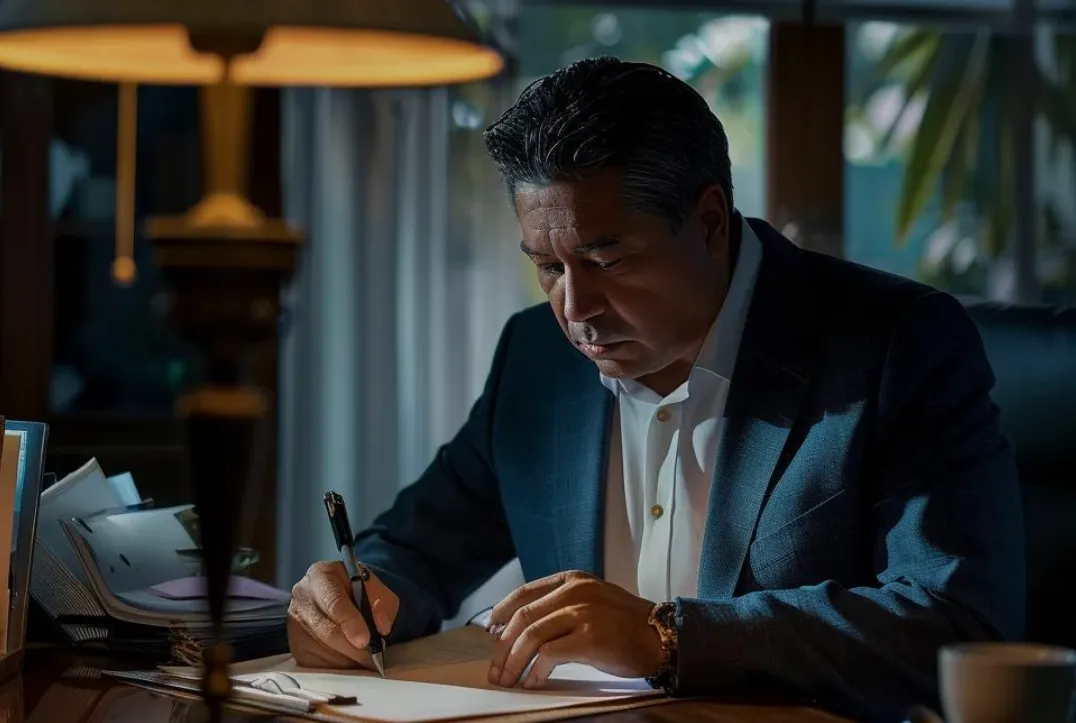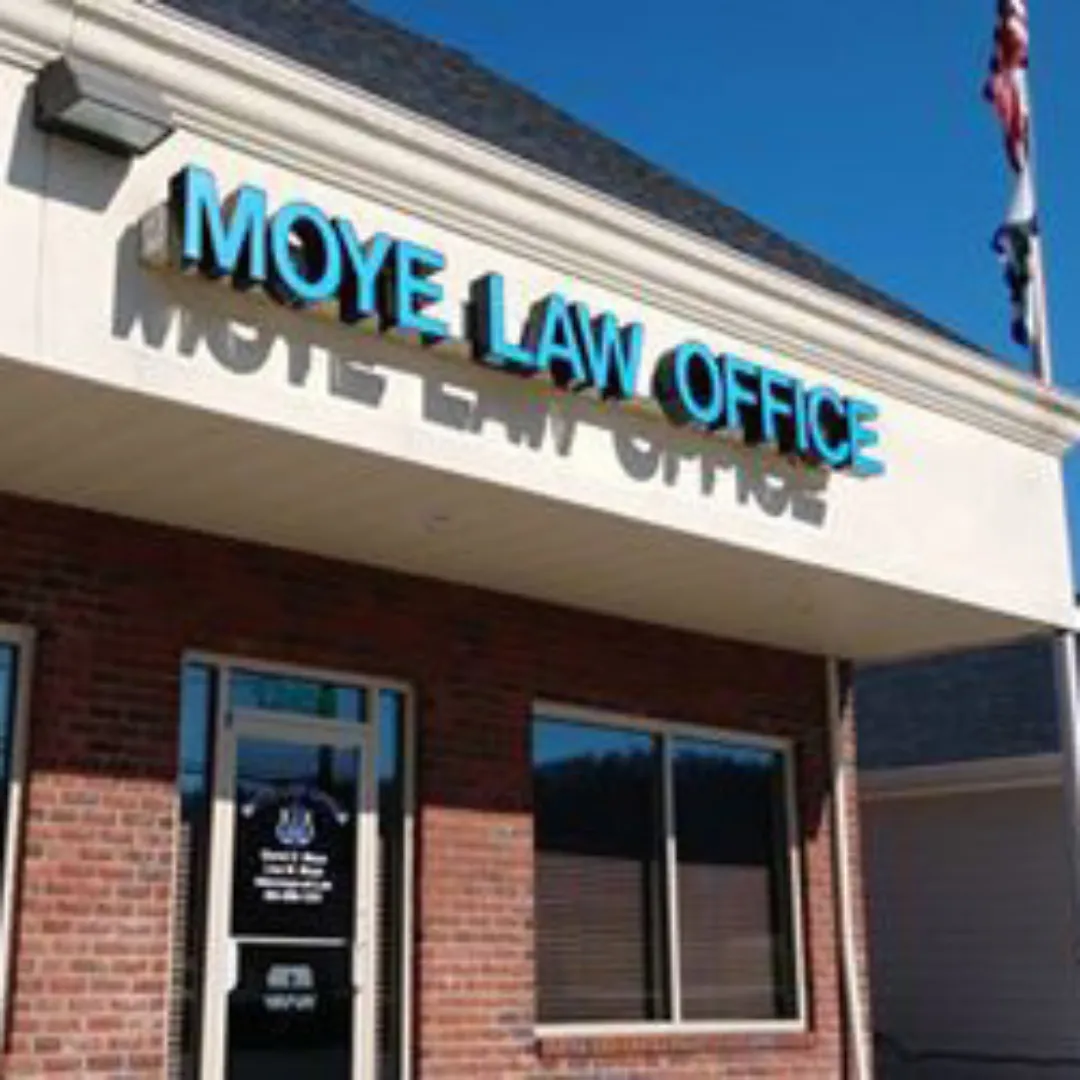
Blog
Blog

Essential Steps to Take Immediately After Suffering a Personal Injury Accident
Essential Steps to Take Immediately After Suffering a Personal Injury Accident
Suffering a personal injury accident can turn your life upside down in an instant. Whether caused by a car accident, slip and fall, motorcycle crash, truck collision, or distracted driving, the aftermath is often confusing, stressful, and painful. What you do in the moments following a traffic collision could greatly impact your recovery, legal rights, and financial future—especially when insurance companies, attorneys, and even criminal law come into play.
Here are the most essential steps every victim should take immediately after a motor vehicle crash, along with critical legal and medical insights.
1. Prioritize Health and Safety
The first step after any vehicle crash is to check yourself and others for injuries. If there’s pain, bleeding, or suspected trauma, call 911 right away. Emergency medical treatment not only supports your health care recovery but also provides vital documentation for a personal injury case.
Many injuries, such as whiplash, concussions, or internal bleeding, may not be immediately visible. This is why even minor accidents should be taken seriously. Seeking therapy or physical therapy early improves recovery and creates a reliable burden of proof for any car accident claim.
2. Call the Police and Document the Scene
In most states, you're legally obligated to report motor vehicle crashes—especially those involving property damage, bodily injury, or death. A police report from the responding officer becomes essential evidence in a car accident lawsuit or insurance policy dispute.
Be sure to gather:
Driver and passenger names
License and insurance information
Photos of vehicle damage and road conditions
Witness statements
Traffic conditions and signs, like the speed limit
Mention if seat belts were in use, or if alcohol, driving under the influence, or negligence played a role—these details affect fault, liability, and even potential punitive damages.
3. Seek Medical Attention Immediately
Even if you walked away from the scene, don’t delay getting evaluated. Tell the doctor about all symptoms, no matter how minor. This is especially important in states like North Carolina, Florida, or California, where personal injury protection (PIP) coverage may require timely reporting.
This is also where health insurance, bodily injury coverage, or Medicare/Medicaid comes into play. Be prepared to share your insurance policy number and zip code to find in-network providers. Therapy, nursing, and even home care services may be necessary in more severe cases.
4. Contact a Personal Injury Lawyer
Before speaking with any insurance company—especially about settlements, fault, or recorded statements—consult a qualified personal injury lawyer or accident attorney. They can guide you through:
Understanding liability insurance
Filing an injury claim
Proving causation and damages
Evaluating loss of consortium or pain and suffering
Calculating long-term compensation for lost wages and employment benefits
Some firms, like Morgan & Morgan Law Firm, operate on contingency—meaning you don’t pay unless you win. Others may offer pro bono support in select cases. Be wary of unsolicited calls, text messages, or internet ads offering fast cash in exchange for a signed contract—these may be predatory or non-compliant with state bar ethics.
5. Avoid Common Mistakes That Can Harm Your Case
Victims often hurt their own cases unintentionally. Avoid the following:
Admitting fault at the scene
Posting about the accident on social media
Accepting early settlement offers without legal advice
Ignoring follow-up medical care
Failing to understand the statute of limitations in your state (e.g., Texas, Illinois, Virginia, New Mexico, Oregon, etc.)
Every state has different laws around tort claims, strict liability, and comparative fault. For example, New Jersey and Minnesota have unique no-fault policies, while Georgia, Missouri, and South Carolina allow broader wrongful death claims.
6. Understand Your Legal Options and Compensation
Depending on the nature of the injury and accident, you may pursue:
A personal injury settlement
A car accident lawsuit
Mediation, arbitration, or trial
Product liability or premises liability claims
Intentional torts like battery, assault, or false imprisonment
Workplace injury or workers comp lawyer involvement
Your lawyer can help you calculate damages that include:
Emergency and ongoing medical bills
Pain and suffering
Emotional distress
Lost income and benefits
Property repair or replacement
Make sure your attorney is experienced, ethical, and trained—many complete continuing legal education (CLE) through associations like the American Bar Association, Georgetown University Law Center, or the University of Michigan.
Final Thoughts
No one expects to be in a car accident, but knowing what to do immediately after can protect your rights, your finances, and your future. From contacting the police and seeking medical care, to partnering with an experienced personal injury lawyer, every decision matters.
If you're searching for help in Illinois, Arizona, Ohio, or beyond, you’re not alone. Reliable legal aid, lawyer referral services, and national resources like the National Highway Traffic Safety Administration (NHTSA) offer guides to protect your rights. Whether you’re navigating insurance, injuries, or litigation, take action—and take it now.
Need help with your case? Reach out to a trusted injury lawyer in your county or use a lawyer referral service to get started. Time is limited, and your future deserves a strong legal compass.
Moye Law Offices
We have two offices in West Virginia: Winfield and Cross Lanes.

CROSS LANES

Essential Steps to Take Immediately After Suffering a Personal Injury Accident
Essential Steps to Take Immediately After Suffering a Personal Injury Accident
Suffering a personal injury accident can turn your life upside down in an instant. Whether caused by a car accident, slip and fall, motorcycle crash, truck collision, or distracted driving, the aftermath is often confusing, stressful, and painful. What you do in the moments following a traffic collision could greatly impact your recovery, legal rights, and financial future—especially when insurance companies, attorneys, and even criminal law come into play.
Here are the most essential steps every victim should take immediately after a motor vehicle crash, along with critical legal and medical insights.
1. Prioritize Health and Safety
The first step after any vehicle crash is to check yourself and others for injuries. If there’s pain, bleeding, or suspected trauma, call 911 right away. Emergency medical treatment not only supports your health care recovery but also provides vital documentation for a personal injury case.
Many injuries, such as whiplash, concussions, or internal bleeding, may not be immediately visible. This is why even minor accidents should be taken seriously. Seeking therapy or physical therapy early improves recovery and creates a reliable burden of proof for any car accident claim.
2. Call the Police and Document the Scene
In most states, you're legally obligated to report motor vehicle crashes—especially those involving property damage, bodily injury, or death. A police report from the responding officer becomes essential evidence in a car accident lawsuit or insurance policy dispute.
Be sure to gather:
Driver and passenger names
License and insurance information
Photos of vehicle damage and road conditions
Witness statements
Traffic conditions and signs, like the speed limit
Mention if seat belts were in use, or if alcohol, driving under the influence, or negligence played a role—these details affect fault, liability, and even potential punitive damages.
3. Seek Medical Attention Immediately
Even if you walked away from the scene, don’t delay getting evaluated. Tell the doctor about all symptoms, no matter how minor. This is especially important in states like North Carolina, Florida, or California, where personal injury protection (PIP) coverage may require timely reporting.
This is also where health insurance, bodily injury coverage, or Medicare/Medicaid comes into play. Be prepared to share your insurance policy number and zip code to find in-network providers. Therapy, nursing, and even home care services may be necessary in more severe cases.
4. Contact a Personal Injury Lawyer
Before speaking with any insurance company—especially about settlements, fault, or recorded statements—consult a qualified personal injury lawyer or accident attorney. They can guide you through:
Understanding liability insurance
Filing an injury claim
Proving causation and damages
Evaluating loss of consortium or pain and suffering
Calculating long-term compensation for lost wages and employment benefits
Some firms, like Morgan & Morgan Law Firm, operate on contingency—meaning you don’t pay unless you win. Others may offer pro bono support in select cases. Be wary of unsolicited calls, text messages, or internet ads offering fast cash in exchange for a signed contract—these may be predatory or non-compliant with state bar ethics.
5. Avoid Common Mistakes That Can Harm Your Case
Victims often hurt their own cases unintentionally. Avoid the following:
Admitting fault at the scene
Posting about the accident on social media
Accepting early settlement offers without legal advice
Ignoring follow-up medical care
Failing to understand the statute of limitations in your state (e.g., Texas, Illinois, Virginia, New Mexico, Oregon, etc.)
Every state has different laws around tort claims, strict liability, and comparative fault. For example, New Jersey and Minnesota have unique no-fault policies, while Georgia, Missouri, and South Carolina allow broader wrongful death claims.
6. Understand Your Legal Options and Compensation
Depending on the nature of the injury and accident, you may pursue:
A personal injury settlement
A car accident lawsuit
Mediation, arbitration, or trial
Product liability or premises liability claims
Intentional torts like battery, assault, or false imprisonment
Workplace injury or workers comp lawyer involvement
Your lawyer can help you calculate damages that include:
Emergency and ongoing medical bills
Pain and suffering
Emotional distress
Lost income and benefits
Property repair or replacement
Make sure your attorney is experienced, ethical, and trained—many complete continuing legal education (CLE) through associations like the American Bar Association, Georgetown University Law Center, or the University of Michigan.
Final Thoughts
No one expects to be in a car accident, but knowing what to do immediately after can protect your rights, your finances, and your future. From contacting the police and seeking medical care, to partnering with an experienced personal injury lawyer, every decision matters.
If you're searching for help in Illinois, Arizona, Ohio, or beyond, you’re not alone. Reliable legal aid, lawyer referral services, and national resources like the National Highway Traffic Safety Administration (NHTSA) offer guides to protect your rights. Whether you’re navigating insurance, injuries, or litigation, take action—and take it now.
Need help with your case? Reach out to a trusted injury lawyer in your county or use a lawyer referral service to get started. Time is limited, and your future deserves a strong legal compass.
Moye Law Offices
We have two offices in West Virginia:
Winfield and Cross Lanes.

CROSS LANES
We Are Here To Help
Do you have a query or problem that you would like to talk about, or are you curious to hear more about how we can help you?
Get in touch today! We look forward to hearing from you.
Assistance Hours
Monday – Friday: 8:30am – 4:30pm
Saturday: By appointment only
Sunday: CLOSED
Subscribe to our Newsletter
We Are Here To Help
Do you have a query or problem that you would like to talk about, or are you curious to hear more about how we can help you?
Get in touch today! We look forward to hearing from you.
Assistance Hours
Monday – Friday 8:30am – 4:30pm
Saturday: By appointment only
Sunday CLOSED

